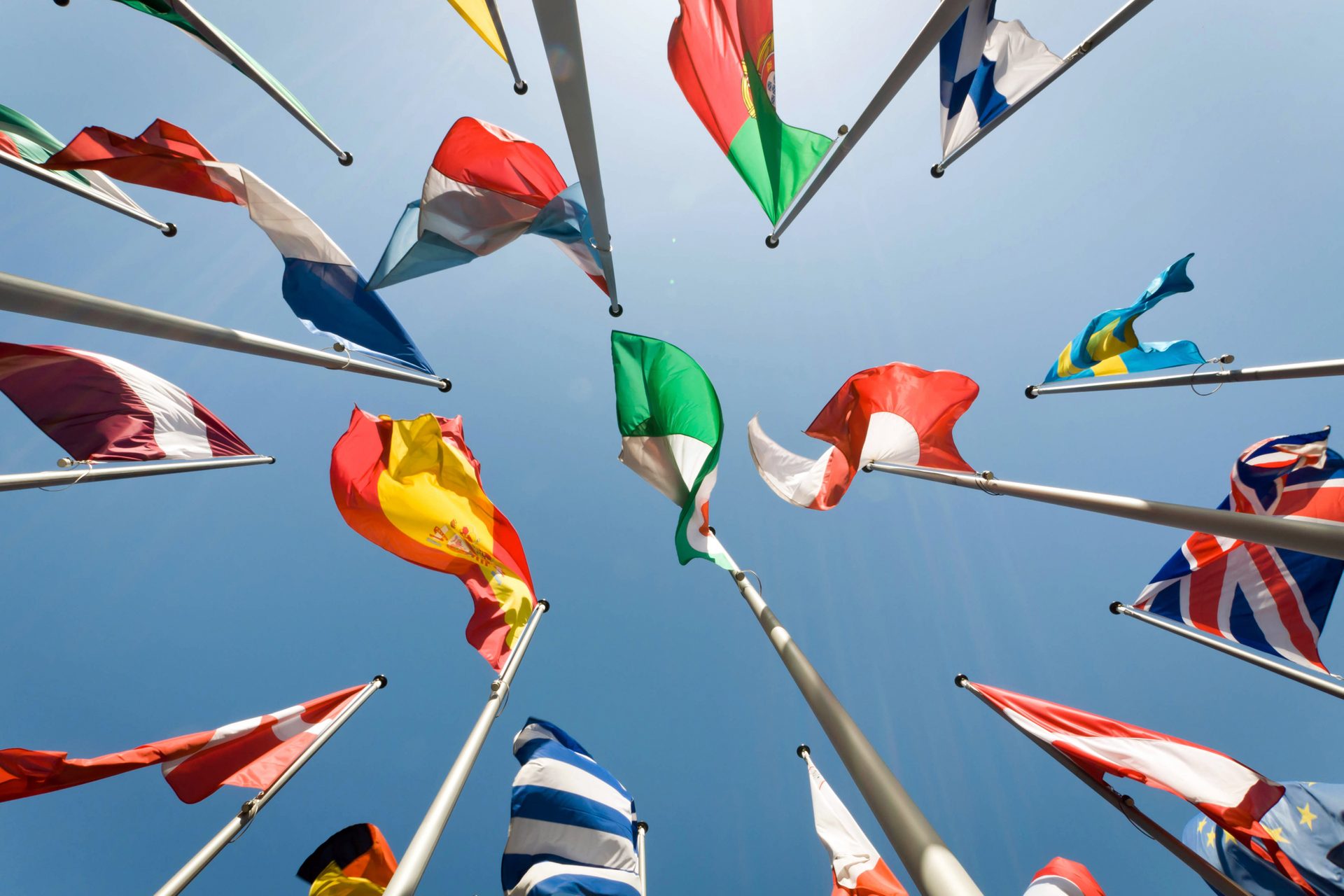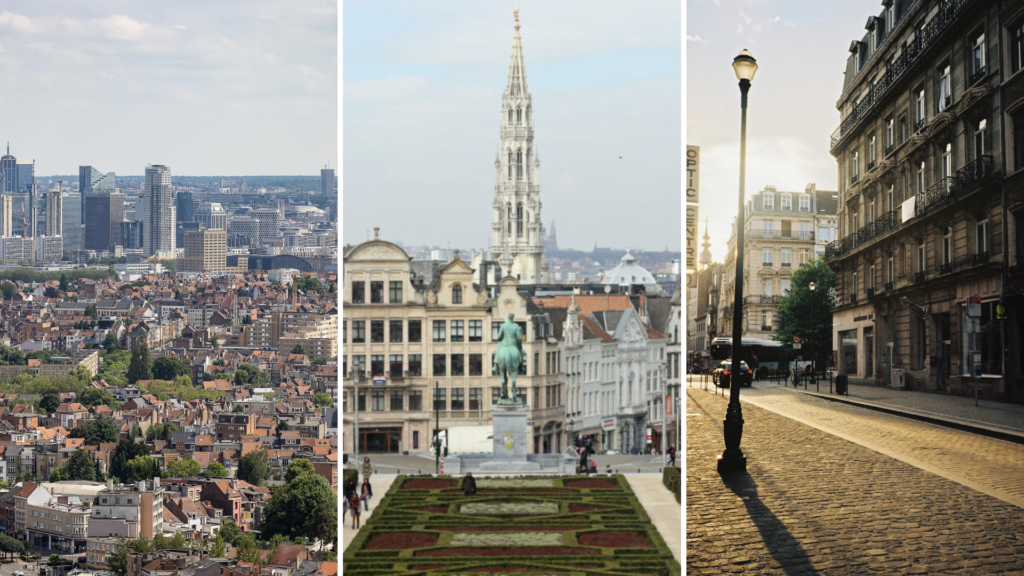It’s often said that Brussels is a city of bubbles, a landing ground for diverse communities that make it the second-most cosmopolitan city in the world. More than one in three people living here are not Belgian, making it a place of many faces but where none claims cultural hegemony.
The breadth of backgrounds and languages is widely regarded as an asset – Mayor Philippe Close often says that expats are "what makes this city great". And despite being sandwiched between Flanders and Wallonia, the capital is certainly not a centre ground for Belgian political debate. It is non-conformist and independent, distinct in all aspects from the north and south of the country.
But when it comes to hearing the city's voice in the political arena, its international residents are muted by a lack of representation. Whether unaware that they are eligible, put off by perceived complexities in the procedure, or uncertain of who to vote for, the majority of foreign nationals residing in Brussels will have no influence in the municipal elections in October.
It's a democratic deficit that several civil organisations have devoted themselves to addressing, with energetic campaigns to engage residents in the runup to the registration deadline (31 July). On the one hand their efforts have been rewarded – for the first time over 50,000 non-Belgians have registered for the local elections in Brussels. Then again, this equates to just 7.7% of registered voters in the Capital Region.
Given the powers that local mayors have to deal with many of the most immediate issues that people face day to day, the lack of participation is problematic if locals cannot express their concerns to an elected representative.
The window for registering has now passed, though not without campaigners criticising the lack of framework to involve foreign nationals. After all, if the tapestry of nationalities brings so much to daily life in Brussels (and Belgium more broadly), surely local politics would also benefit from this plurality of voices?
Will you be voting in the local elections? Let @Orlando_tbt know.
Belgium in Brief is a free daily roundup of the top stories to get you through your coffee break conversations. To receive it straight to your inbox every day, sign up below:
1. Federal Government formation crisis? Negotiators can’t find agreement
If an agreement is not reached by the time Bart De Wever meets the King tonight, the formation might turn into yet another government crisis for Belgium. Read more.
2. ‘So much more potential’: One in six non-Belgians in Brussels registered to vote in October
"With a growing and increasingly cosmopolitan population, the electoral participation of non-Belgians is a fundamental challenge for Brussels's local democracy." Read more.

3. Laughing gas continues to cause public disorder in Brussels despite ban
"People caught using this substance will be punished in the same way as those using other drugs." Read more.
4. Developers over locals? North station redevelopment raises local concerns
Brussels has long vowed to make the office-heavy Northern Quarter more vibrant, but locals say projects don't focus enough on accessible housing. Read more.
5. Two home fires every day: Domestic blazes on track to break record in Brussels
2024 has already seen 44 deaths in domestic fires. In Brussels, old building stock and a lack of prevention measures is behind the rise. Read more.
6. Smartphones banned in over 370 French-speaking schools from this school year
Phones are believed to be detrimental to sleep and concentration and also exacerbate bullying. The ban follows the lead of other EU countries such as France and the Netherlands. Read more.
7. Free school materials: Calls for education minister to continue subsidy
“We're talking about the minimum supplies needed to learn properly at school. It saves parents – most often mothers – from running to the shops to find every item.” Read more.

